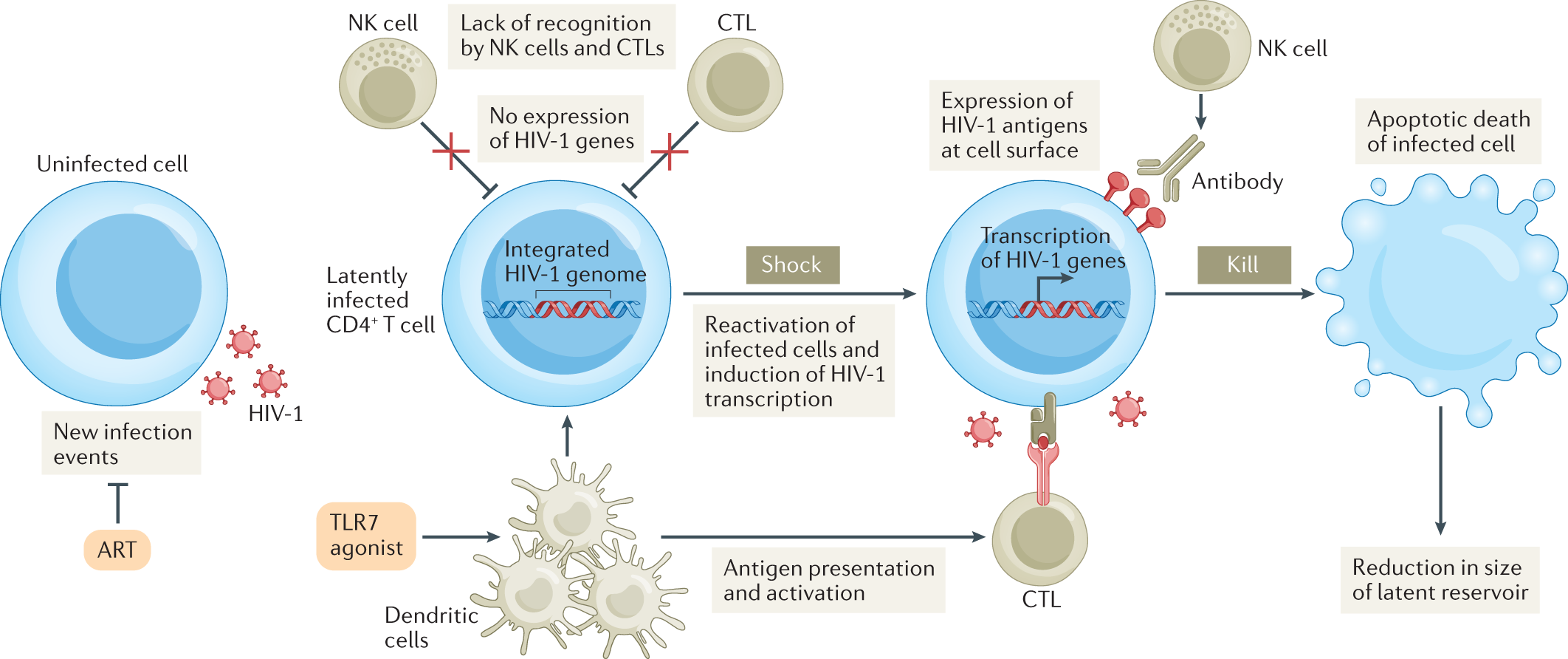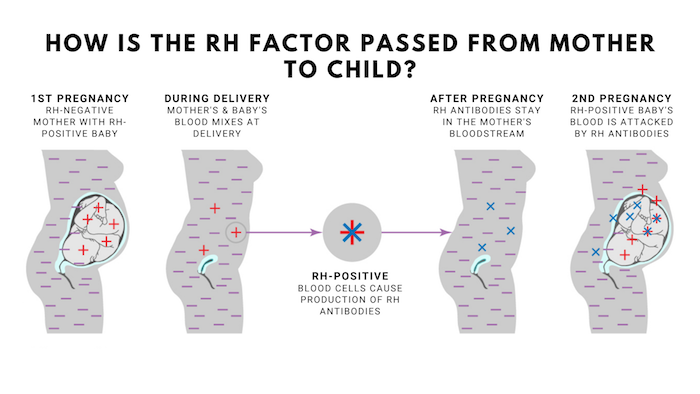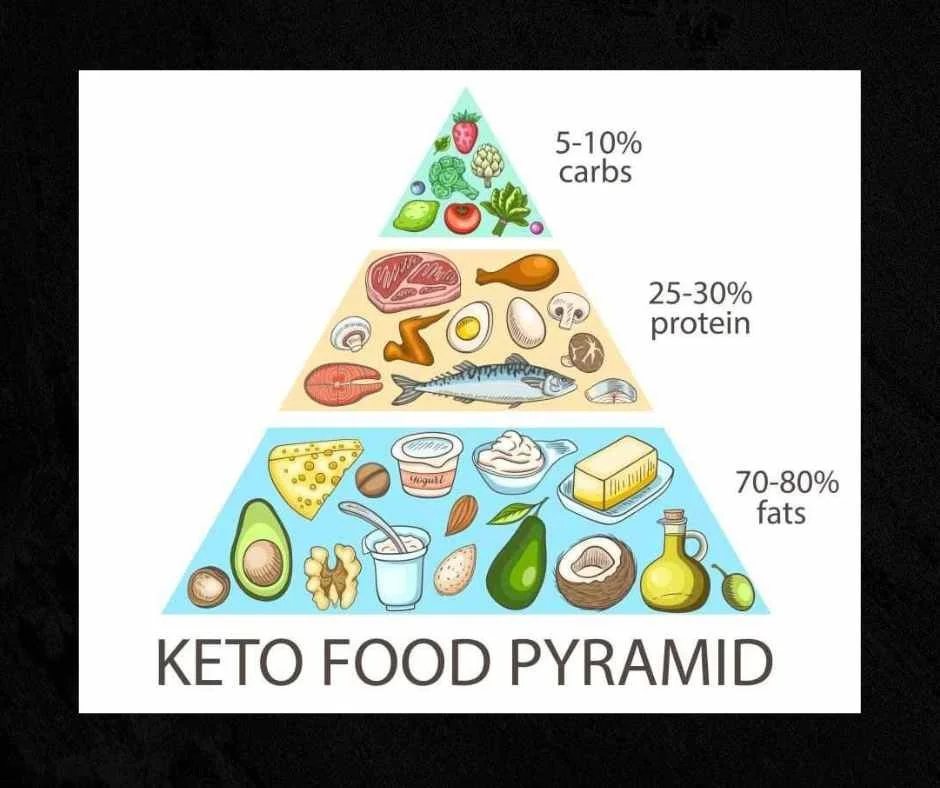Hepatitis B: How It Is Different From Hepatitis C And How It Is Diagnosed?
Hepatitis is a liver disease in which the liver tissues get damaged either due to external factors like alcohol or viral infections. There are varying types of hepatitis, but hepatitis B and C stands to be the most common ones among them. Millions of people across the globe get infected with hepatitis C, and hepatitis B. Both of them have different incubation period and have a different mechanism of multiplication and infecting healthy liver cells. But, in both cases, hepatitis B is much more complicated and difficult to cure than hepatitis C. Let’s see what hepatitis B is and how it is spread.
There is a vaccine that is used these days to prevent infection. In hepatitis B, the virus infects the host and shows symptoms of infection after almost 120 days. There may not be any symptoms in some people, and in some, the symptoms can appear after the incubation period. Hepatitis B is both acute and chronic, which means it can last for a few weeks or years.
Hepatitis B virus is said to be more complicated than the hepatitis C virus. This is because the infection mechanism of both viruses is different. In Hep C, the virus attacks the cell, takes over the cellular activity, and makes the cell infected. In Hep B, the virus’s DNA is circular, and it gets incorporated into the liver cell nucleus. This makes it difficult to test, show symptoms, and treat.
Spreading and diagnosis
Hepatitis spreads through blood. If the infected blood comes in contact with blood that is infected, then the chances of contracting Hep B are high. This can be caused by sharing needles and tools. Or by any blood transfusion or unprotected sex.
The doctors tend to have various diagnosis processes, as this helps in coming to an accurate result. First, the doctors test the liver functioning and liver enzymes. In case the liver enzymes are too high, then a blood test is performed. Two of the most common diagnostic procedures are:
- Surface antigen/antibody test: these tests are of the antigen protein on the Hep B virus and antibodies produced by the body’s immune system. In most cases, the antibodies appear after ten weeks of exposure.
- Surface antibody test: this test is done to check if the person is immune to Hep B. In this, the tested antibodies are produced after the antigen-bearing virus disappears.
Treatments
In case a person tests positive for Hep B, then the doctors tend to prescribe vaccines to enhance the immune system. The body’s immune system will fight with the virus by creating more antibodies; after the Hep B is cleared, the person will be an inactive carrier of the Hep B antibodies.
In some cases, the person may have a chronic condition. In that case, one will be prescribed antiviral and other medications. The patients are also suggested to eat healthily, stay away from alcohol, and take bed rest to recover fast.






